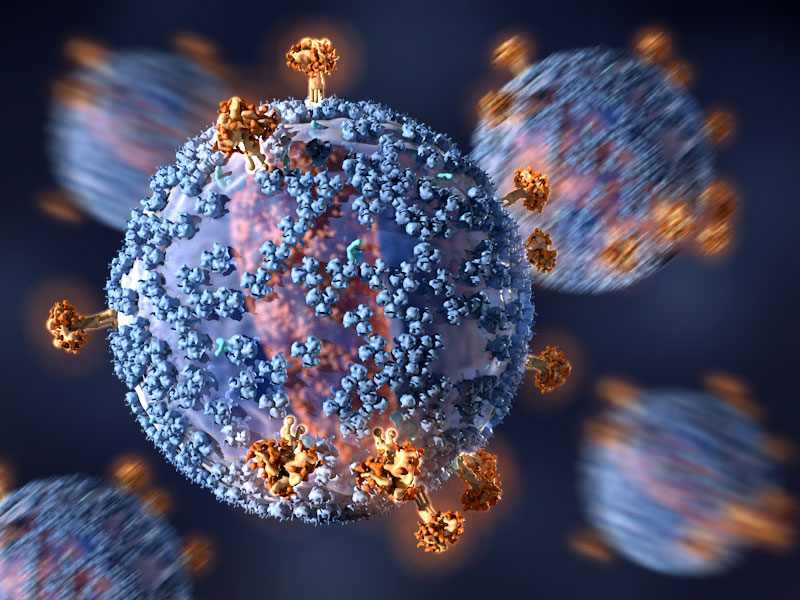Based on a new study conducted by researchers at the Stanford University School of Medicine, experimenting with a molecular pathway that dictates how intestinal cells react to stress can in fact aid mice in surviving an otherwise fatal dose of abdominal radiation.
And since the approach is still partly effective up to 24 hours following exposure, the study presents a possible treatment for individuals inadvertently exposed to high doses of radiation, like those who suffered from the cataclysmic Chernobyl nuclear disaster in 1986.
"We were very surprised by the amount of protection the animals received. The important thing to note is that we didn't change the amount of damage the intestinal cells sustained as a result of the radiation; we simply changed the physiology of that tissue and how it responded to that damage," said professor of radiation oncology, Amato Giaccia, PhD.
The researchers trust that a similar technique could also aid those patients suffering from diarrhea and nausea as a result of radiation therapy for cancer.
Giaccia, who is also a member of the Stanford Cancer Institute, is the senior author of the study, published in Science Translational Medicine. Postdoctoral scholar Cullen Taniguchi, MD, PhD, is the lead author of the study.
The researchers were examining a molecular pathway involved in the response of cells to circumstances of low oxygen called hypoxia. Hypoxic cells generate proteins known as hypoxia-inducible factors, which aid the cells survive the stressful conditions. The HIF proteins - HIF1 and HIF2 - are usually despoiled quickly when oxygen levels are normal.
Hypoxia often takes place in fast-growing solid tumors as cells find themselves far from oxygen-delivering blood vessels, yet it can also take place during times of inflammation, or in tissues like the intestine that experience natural gradations in oxygen levels. HIF proteins help the intestine soak up needed nutrients while obstructing the entry of pathogens and sustaining healthy fluid exchange.
"Previous studies from our group and others have suggested that the HIF proteins are important in protecting cells from many types of stress. So we wondered whether stabilizing HIF proteins, and therefore increasing their levels within the cells, could also protect the intestine from the effects of radiation," said Giaccia.
Radiation terminates cells by irrevocably damaging their DNA. Side effects of acute radiation exposure are accounted for most clearly in rapidly dividing cells, such as those found in the lining of the intestine or blood and immune cells in the bone marrow.
People who have been subjected to exposure of high levels of radiation usually experience unbearable nausea, vomiting, and diarrhea when their intestines lose the ability to properly control fluid exchange. They are also highly vulnerable to infection. Although radiation's effects on the bone marrow can be assuaged by a bone marrow transplant, there's no treatment for its effects on the gastrointestinal tract, which is a major source of mortality in inadvertently exposed humans.











